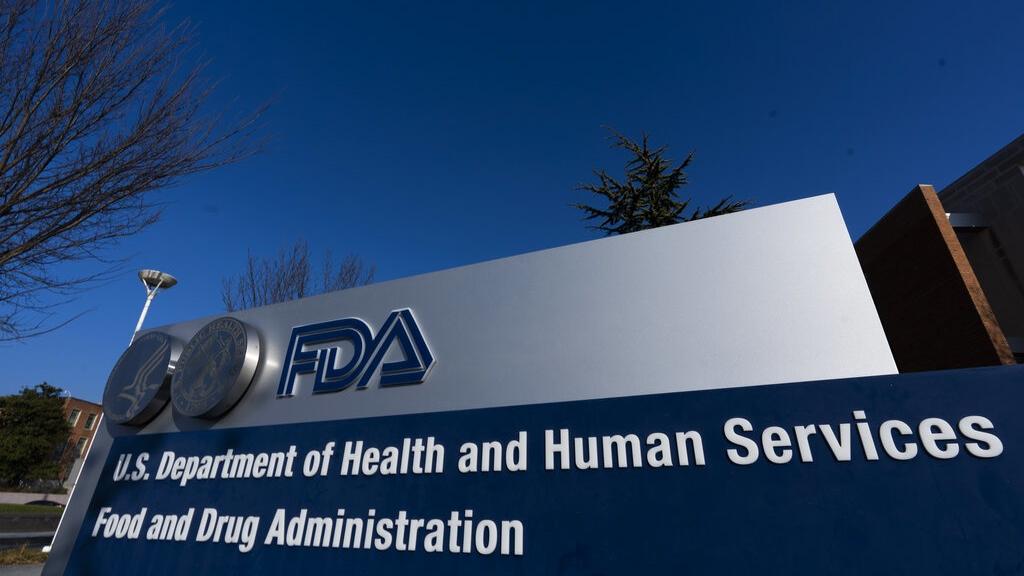 The US Food and Drug Administration building is shown on Dec 10, 2020 in Silver Spring, Maryland. (PHOTO / AP)
The US Food and Drug Administration building is shown on Dec 10, 2020 in Silver Spring, Maryland. (PHOTO / AP)
The US Food and Drug Administration has approved the first gene-editing therapy ever to be used in humans, for sickle cell disease, a blood disorder that affects about 100,000 people in the United States.
The agency approved on Friday a second treatment using conventional gene therapy for sickle cell that does not use gene editing. It approved both treatments for patients aged 12 and older.
The approvals offer hope of finally living without an affliction that causes pain, organ damage and strokes.
Sickle cell experts said only a small fraction of patients in the US are expected to receive the new treatment because of the cost, and it will not be available to millions of sickle cell patients overseas, particularly those in Africa.
The FDA estimates that about 20,000 patients aged 12 and older, who have had debilitating pain, will be eligible for the therapies.
The gene-editing treatment, called Exa-cel and using the brand name Casgevy, was jointly developed by Vertex Pharmaceuticals of Boston and CRISPR Therapeutics of Switzerland. It is the first treatment to be approved that uses CRISPR, the Nobel Prize-winning gene editing tool, to snip patients' DNA.
The other treatment, called Lyfgenia and made by Bluebird Bio of Massachusetts, uses a common gene therapy method to add a good hemoglobin gene to patients' DNA.
Casgevy's approval "shows the promise of genetic therapies that seek to treat disease at the source by making a targeted change in a person's DNA", Jennifer Doudna, who shared a Nobel Prize in 2020 for her work that helped to discover CRISPR, told The Wall Street Journal. "It almost changes the way we define medicine," she said.
Medical care
Patients using Casgevy will need expensive, intensive medical care and long-term hospitalization.
Some health plans might not cover Casgevy because of its $2.2 million price to edit a patient's genes. For Bluebird, it will be $3.1 million.
A bone marrow transplant has long been the only curative treatment for the disease, with an ideal donor usually being a fully related sibling. However, there is only a 1-in-4 chance that a sibling will be a match, and most patients do not have that option. Casgevy essentially makes a patient their own donor.
In clinical trials, both therapies freed most patients from severe pain crises.
Victoria Gray, a 38-year-old mother and wife who was the first patient to receive the experimental treatment, said she is finally free from pain crises that felt like being hit by a truck and struck by lightning at the same time, which required frequent blood transfusions, lengthy hospital stays and three kinds of opioids.
Vertex has only one gene-editing facility in the US and one in Scotland.
Most hospitals will not be able to offer Casgevy. So far, Vertex has authorized only nine centers to provide its treatment. The company said it will eventually authorize about 50.
Bluebird has 27 authorized centers and also plans to add more.
While the panel of FDA experts concluded that the benefits outweighed the risks, doctors remain mindful of unexpected outcomes.
"We don't know yet what the long-term effects will be," said John DiPersio, the director of the Center for Gene and Cellular Immunotherapy at the Washington University School of Medicine in St. Louis.
Agencies contributed to this story.


